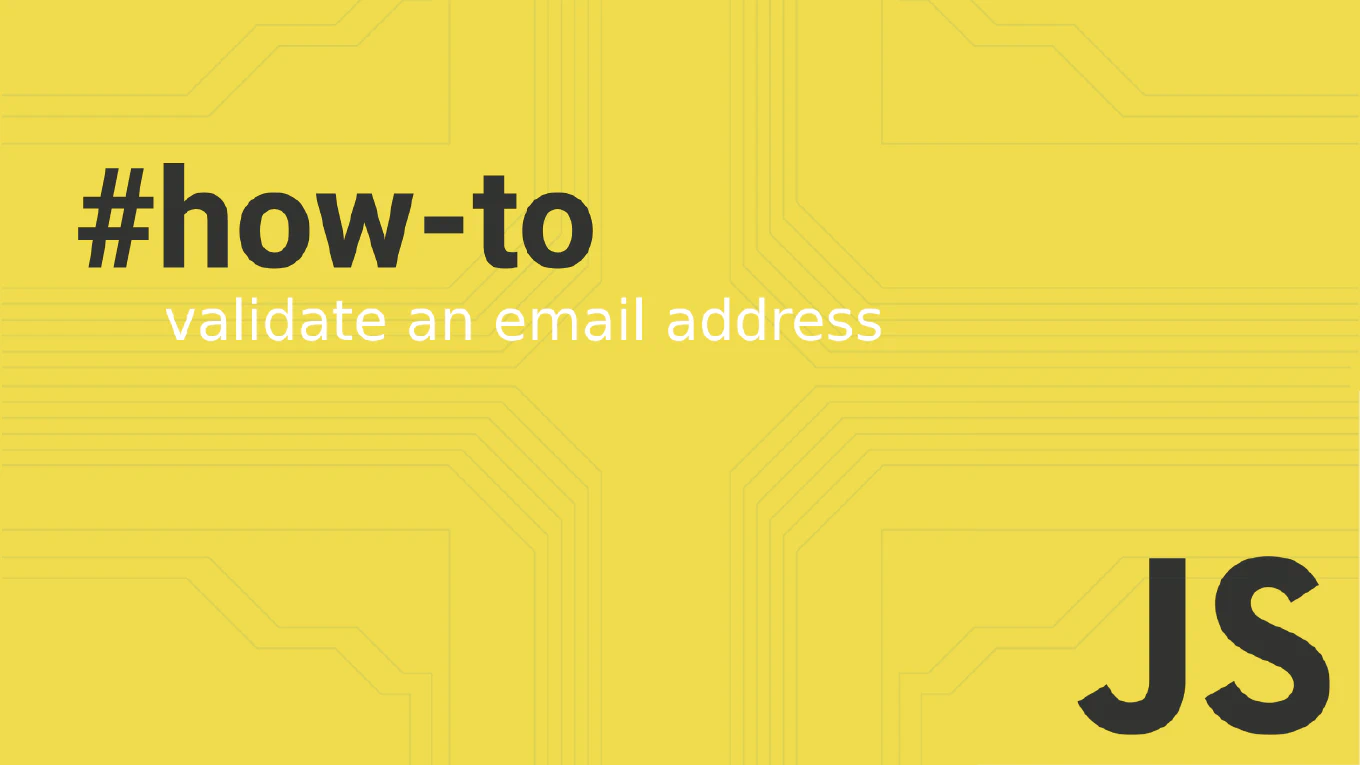How to update npm packages in Node.js
Updating npm packages ensures security patches, bug fixes, and new features while maintaining project security and compatibility. As the creator of CoreUI, a widely used open-source UI library, I’ve managed npm package updates across hundreds of Node.js projects. From my expertise, the most effective approach is checking for outdated packages first, then updating safely within version ranges. This method prevents breaking changes while keeping dependencies current and secure.
Use npm outdated to check for updates, then npm update to safely update packages.
# Check for outdated packages
npm outdated
# Update packages to latest compatible versions
npm update
# Fix security vulnerabilities
npm audit fix
The npm outdated command shows which packages have newer versions available. The npm update command respects version ranges in package.json and updates to the latest compatible version without breaking changes. Always run npm audit fix to address security vulnerabilities.
Best Practice Note:
This is the same npm update strategy we use in CoreUI projects for maintaining secure dependencies. Check for updates regularly and test thoroughly after updates to ensure application stability.







